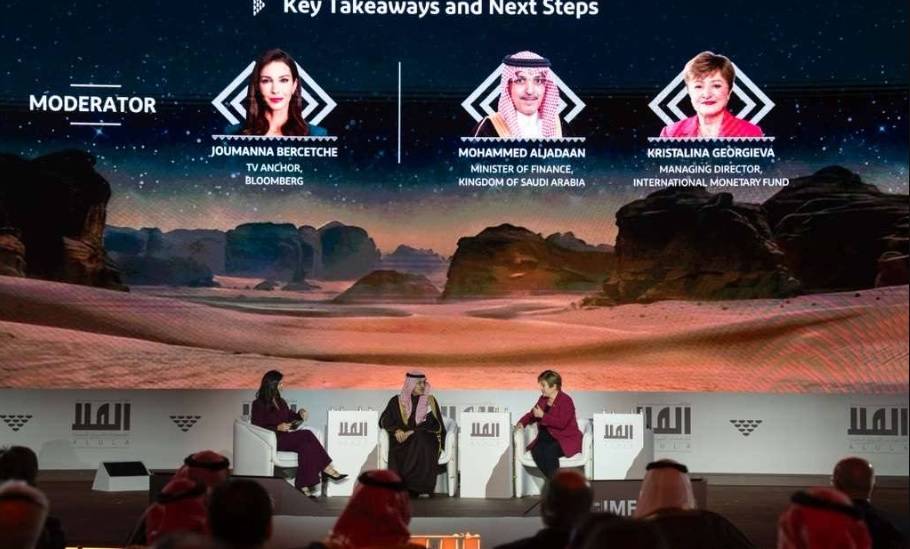Saudi Arabia has concluded a number of agreements to establish military industrial facilities to help stimulate the industry and enable the local manufacturing of military products.
The Saudi General Authority for Military Industries (GAMI) signed two memoranda of cooperation with the Ministry of Industry and Mineral Resources, and the Royal Commission of Jubail and Yanbu (RCJY) to stimulate, empower, and localize military industries in the Kingdom.
The agreements provide a comprehensive governance of supply chains for the military and civil industrial sector, enhance coordination, and unify efforts and effective joint action to support the development of military industries.
The governor of GAMI, Ahmed al-Ohali, stressed the importance of localizing the military industry and called for enhancing joint operation between all parties to ensure the sustainability of the sector and raise levels of transparency and efficient spending.
Under this agreement, local and international manufacturers will have the appropriate investment environment to build Saudi Arabia’s targeted industrial capabilities, according to Ohali.
He noted that this will lead to a large supply chain that serves the military and civil industrial sectors.
Deputy Minister of Industry and Mineral Resources Osama al-Zamil stressed that GAMI will govern and unify the procedures of factories that manufacture both civil and military products.
Zamil also indicated that cooperation and coordination will be ensured to serve the supply chains of military industries, promote local content, and provide incentives for investment.
The deputy minister noted that the agreements will be established after determining the requirements for issuing industrial licenses to military factories, and customs exemptions for production in the military industries sector.
Military expert retired Major General Mohammed al-Ghamdi indicated that such cooperation is vital.
Ghamdi told Asharq Al-Awsat that the cooperation between the Authority, the Ministry, and the Royal Commission in Jubail and Yanbu increases the Kingdom’s military power and contributes to the localization of the military industry, which is one of Vision 2030’s goals.
The expert stressed that such a step enhances Saudi Arabia's strategic independence and raises its military and security preparedness.
He added that increasing levels of coordination and joint efforts will contribute to establishing successful military industrial facilities.










